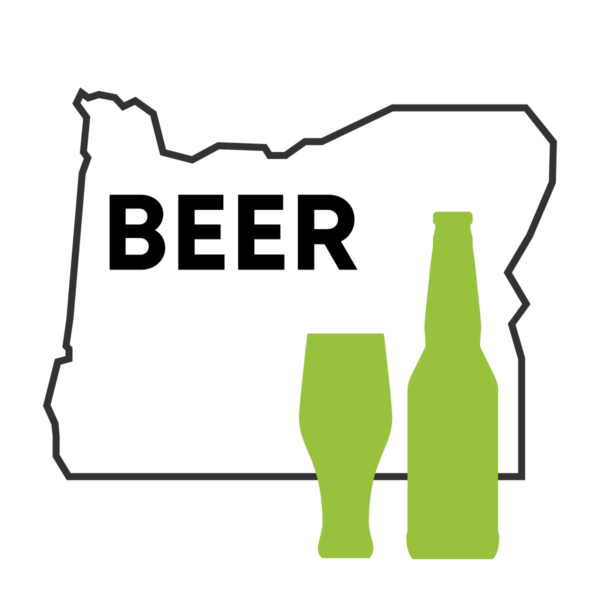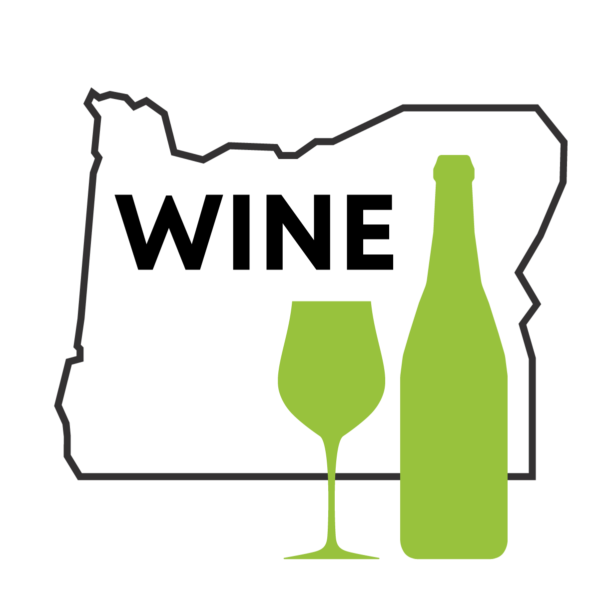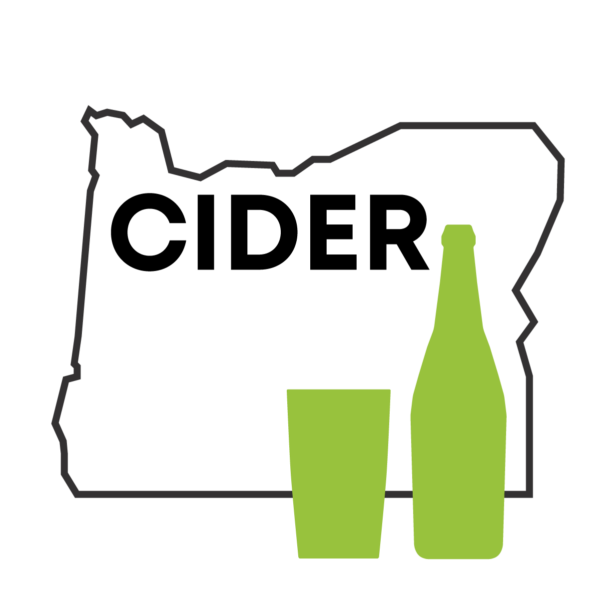1,000
Wineries
1,300
Vineyards
73
Distributors
400
Breweries
70
Cideries
65
Distilleries
10,000
Restaurants
37,200
Farms
The Impact
Oregon is home to 400 breweries, 1,000 wineries, 1,300 vineyards, 70 cideries, 100 distilleries, 73 distributors and 10,000 restaurants, creating hundreds of thousands of good-paying jobs, several billion dollars in wages and more than $17 billion in economic activity for the state. With the highest cost increases in generations, tax increases would only make it harder for these local businesses to invest in hiring and expansion.

Beer
Oregon brewers help create 50,000 jobs, $2.8 billion in wages each year and contribute $8.7 billion in economic activity for the state. Unfortunately, 3,000 beer-related jobs were lost due to COVID-19 closures and restrictions and dozens of our local brewers shuttered. And now inflation and supply chain issues are increasing the costs of malt, aluminum cans, cardboard and kegs, making it one of the hardest times to do business.

Wine
Oregon is home to 1,000 wineries and 1,300 vineyards, which support the livelihoods of more than 50,000 Oregonians, generate more than $2.4 billion in wages and contribute $7.1 billion in economic activity. Sadly, during the pandemic 12,000 wine-related jobs were lost. Natural disasters, such as extreme heat, cold and wildfires, and employee shortages are adding to the challenges Oregon wineries face.

Cider

Spirits
Oregon is home to 100 distilleries supporting 19,000 jobs and generating $2 billion for the state. Oregon distillers reported a 30% reduction in sales due to COVID-19, and while they’re trying to recover , the glass bottles are becoming harder to obtain. Manufacturers are reporting long lead times, making the planning process harder for spirits producers. Oregon’s spirits tax is already 2nd highest in the country.
